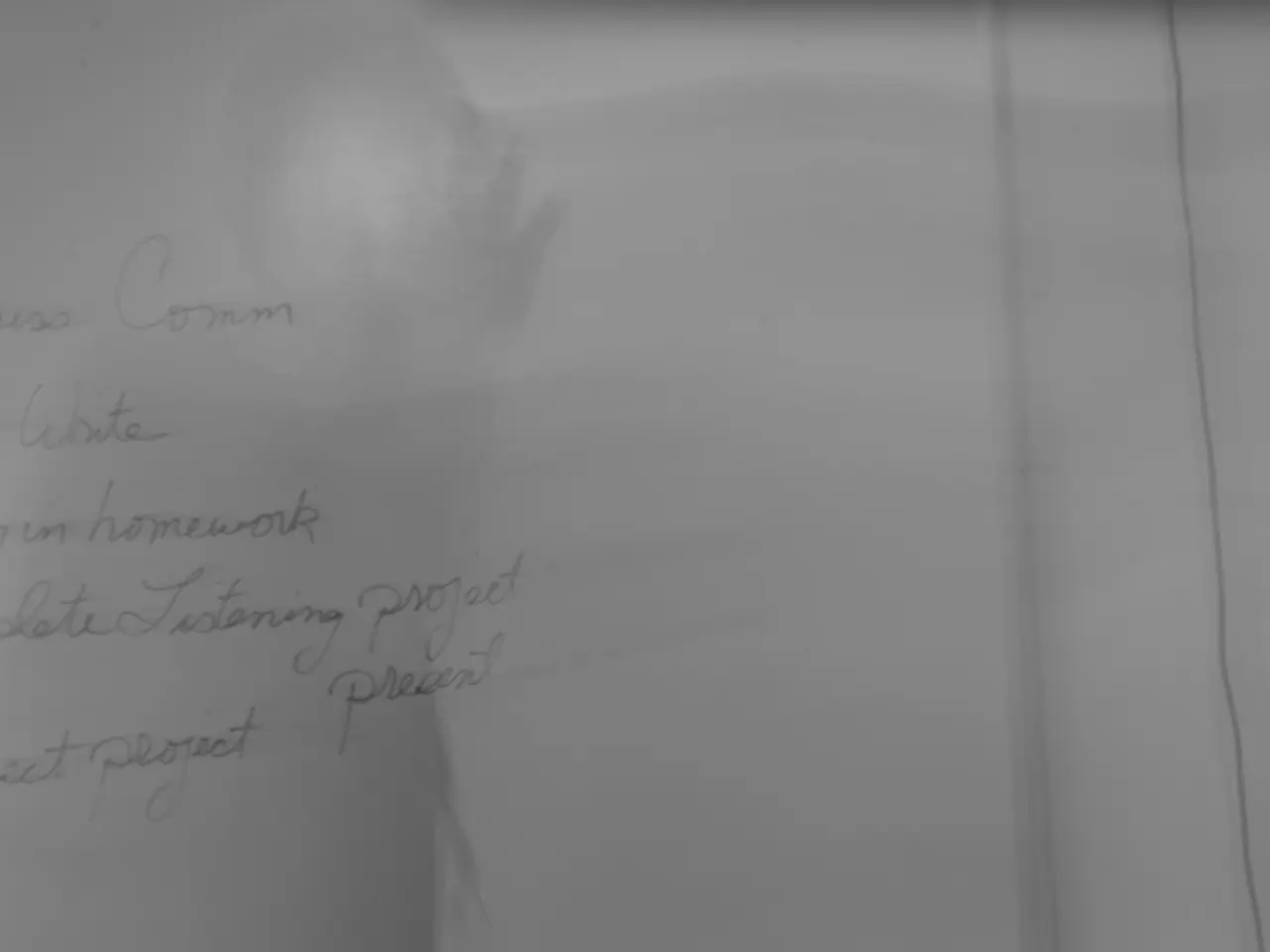Minimum Wage Debate Cooling Off According to CDU Leader Merz Amid Proposed Increases
Minimum wage discussion within the coalition, as per Chancellor Merz, has supposedly reached an end
Got a bone to pick about the minimum wage? Chancellor Friedrich Merz, head honcho of the CDU, doesn't seem to think so. He's declared the debate as settled after the Minimum Wage Commission proposed a hike from the current €12.82 per hour to €14.60 by 2027.
Speaking on a Berlin stage, Merz maintained a neutral stance, stating, "I've neither criticism nor special praise for this move." The debate, he implied, may not ignite further firestorms in the coalition talks. SPD co-leader Lars Klingbeil, on the other hand, championed a minimum wage of €15 per hour.
The proposed increase includes two steps. By the beginning of 2026, the minimum wage will rise to €13.90 per hour, and by 2027, it will go up another €0.70, bringing the new hourly rate to €14.60. This push will bring Germany's minimum wage awfully close to Luxembourg's highest in the EU.
For a 40-hour work week, the new wage will boost the gross monthly salary to approximately €2,500, giving Germany one of the highest baseline wages across Europe. The increase, proposed by the commission based on objective data and figures, is set to be declared generally binding and evaluated thereafter.
Political leanings play their part here. The SPD, Coalition's junior partner, has campaigned for minimum wage increases, seeking to improve wages in line with inflation and living costs. The CDU, on the other hand, takes a more cautious approach to collective wage negotiations and emphasizes social partnership. Despite CDU leader Merz's ambiguity, it seems the party is accepting the proposed increase as part of negotiated social partnership with the SPD.
Sources: ntv.de, afp
[1] The current minimum wage for 2025, €12.82 per hour, marks a 3.3% increase from the previous year. This translates to a gross monthly salary of about €2,222 for a full-time worker with a 40-hour week. This places Germany among top countries with the highest baseline wages in Europe.
[2][3][4] A government-appointed commission has decided to raise the minimum wage further to €14.60 per hour by 2027, with the increase happening in two stages: first, it will rise to €13.90 at the beginning of 2026, and then increase by another €0.70 per hour in 2027. This would bring the monthly earnings close to €2,500, making Germany's minimum wage the second highest in the EU, after Luxembourg.
Under the proposed policy changes, the minimum wage will increase, resulting in a higher gross monthly salary of approximately €2,500 for a full-time worker. This policy-and-legislation falls under the category of general news, and it shows the intersection of politics, as the CDU and SPD have differing stances, with the SPD advocating for a minimum wage of €15 per hour and the CDU taking a more cautious approach. The employment policies of both parties are significant in shaping the community policy around wages.







